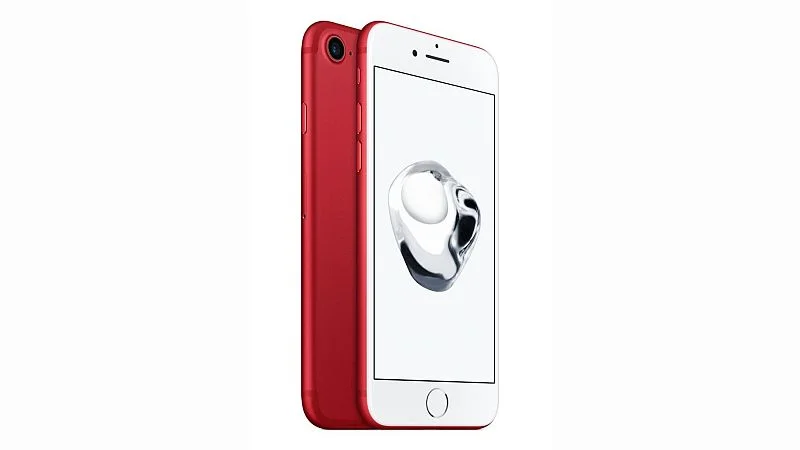Catapulted Use of Apps and Launched a Billion Dollar New App Industry
Just a few days prior to the iPhone becoming available for purchase in July 2007, Steve Jobs announced that the new smartphone would support third-party applications through the Internet. This decision by Apple was tremendous, as it led to the development of a developer-led ecosystem and the birth of the app industry.
Prior to the iPhone, apps were classified as Web 2.0 tools and not in common use. With the launch of the App Store via an update to iTunes in July 2008, Apple introduced a new way to shop for information and entertainment with apps built by third-party developers. The App Store became a billion-dollar enterprise rapidly, supporting the creativity and works of app developers worldwide. Other platforms like Google and Microsoft had to adapt fast and build their own app stores as their consumers now wanted access to the same apps on their smartphone devices.
There were app stores before Apple's own App Store but they were not well designed and installing apps was problematic. With the App Store, you could quickly discover, purchase and install an app. It was easy to also uninstall an app at any time.
Apple insisted on high quality standards for all apps submitted to their App Store, ensuring both the integrity of their own brand as well as any apps coming through it. This in turn, built trust and helped in the rapid growth of the App Store. The App Store split revenue between Apple and developers and offered a new marketplace, building an entire new industry. By January 22, 2011, Apple had over 10 billion app downloads.
Now enterprising developers could reach consumers directly through apps they had designed and developed. Today the App Store has everything from fitness to games, information, shopping, entertainment and dating with a plethora of choices for every category. Bigger companies also benefit by being able to offer personalized service to their customers in a streamlined way. For example, an airline carrier can quickly provide flight check-in and information through their own app while restaurants can offer online ordering and banks are able to provide quick deposits without even going to an ATM.
Changes brought about by the launch of the App Store include:
• transformation of software distribution and usage
• new app economy
• accelerated learning
• launch of apps that revolutionized industries
Spawned Industry-Changing Apps
Apps like Airbnb, Uber, Instagram and Snapchat were built upon the popularity of the iPhone (that in turn, popularized smartphone usage) and revolutionized industries from rentals and real estate to transportation, photo sharing and messaging.
For example, Uber's entire business model is built upon having a smartphone. Both the driver and the passenger need a smartphone to use their app and book a ride.
Increased the Speed of Communication
Fast forward to today, and we have 10-year-old app developers! New generations are growing up in a post-iPhone and app world, where it is a seamless part of their lives. This has accelerated learning by young kids and adults as well. In fact, some third-world countries in Africa have made the leap to smartphone usage without going through the traditional telecommunications infrastructure setup common among more developed nations.
Accelerated the Use of Apps Elsewhere
The iPhone accelerated the use of apps everywhere, from your iPad to now your TV and car. Using a touch interface and on-screen keyboard has become familiar to consumers and this trend is only going up.
Popularized Use of Accelerometers, Orientation Sensors and Gorgeous Graphics
The first iPhone's built in accelerometer offered motion capabilities. Current models include gyroscope and compass as well that help create amazing effects. This has been adopted in many apps and also in gaming.
The gaming industry has also changed dramatically. Pre-iPhone, most games were limited to consoles. While console use is still popular, gaming apps are in high demand with touch-based gameplay. For example, Niantic's augmented reality-angled Pokémon Go alone has been downloaded over 750 million times while Nintendo's super popular Mario franchise had 500 million sales over its lifetime. Super Mario is now available in the App Store.
At the WWDC in June this year, Apple also shared its AR Kit for immersive app experiences.







